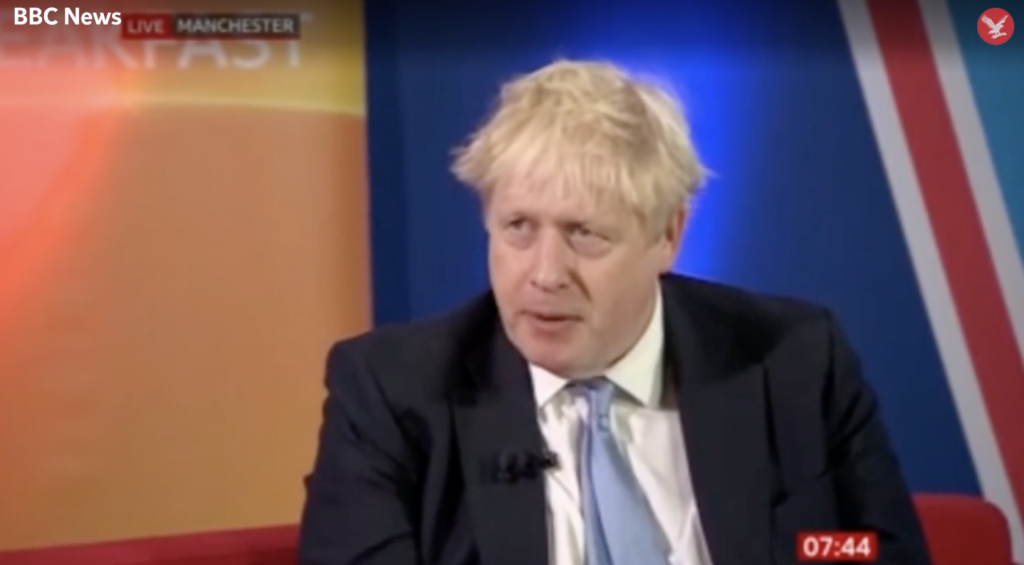Boris Johnson rules out making misogyny a hate crime because it would overload the police

Boris Johnson has ruled out prosecuting misogyny as a hate crime, arguing it would overload the justice system and make the fight against rape and domestic violence harder.
The prime minister called violence against women “the number one issue in policing” and argued the way forces approach it is “just not working”.
But, asked about the campaign for misogyny to be made a specific hate crime, he replied: “Rather than introducing new laws, what you need to do is enforce the existing laws.”
Mr Johnson added: “To be perfectly frank, if you simply widen the scope of what you ask the police to do, you’ll just increase the problem.
“What you need to do is get police to focus on the very real crimes,” he told BBC Breakfast, “the very real feeling of injustice and betrayal that many people feel.”
Most chief constables have backed making misogyny a hate crime in the courts, but Scotland Yard is seen by many as an obstruction to the change.
Campaigners argue it would encourage women to report public harassment because they could have more confidence that it would be treated seriously.
They believe it would also help to change the culture of police forces, amid widespread concern that women’s complaints are trivialised.
Recording misogyny a hate crime was announced as a key reform for all police forces after the murder of Sarah Everard in March.
But only 11 of the 43 forces in England and Wales have adopted the practice, despite Priti Patel, the home secretary, saying said others would follow suit.
Chief constables say they have been waiting for Home Office guidance to outline specifically how it should be recorded and which offences should be included.
But the prime minister instead stressed the ned for a culture change in police forces, by training more female officers.
“One of the best ways you can see that change happen is make sure that you have more female police officers,” he said.
“In the Met [Metropolitan police] now you are now running at 40 per cent. That is a good thing. I want to see those officers progress up the ranks and attain senior positions and change the culture.”
The government is under huge pressure over what many see as a near-meltdown of the court system, after Covid followed years of huge funding cuts.
In early 2020, there were 430 of the most serious cases waiting to go in front of judges for at least two years, but that number has risen to 1,882, according to Labour figures.
No fewer than 516 of those are for violent or sexual offences – up from 61 last year, the Opposition said.
Source: (Independent)

